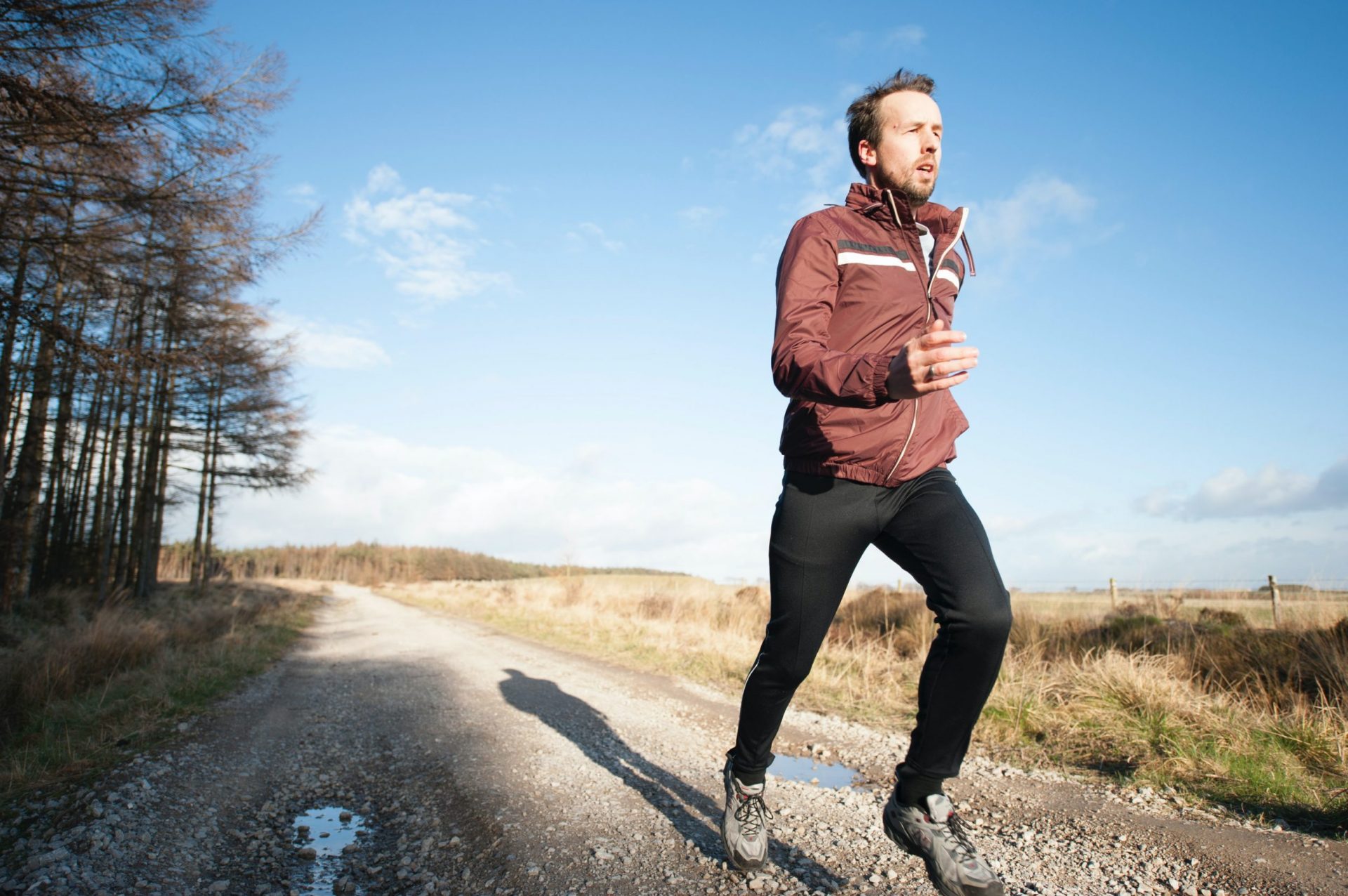In recognition of Men’s Health Week 2021 (14-20 June) and the need for men all of ages to maintain their health as they age, Dr Steve Meadows, Senior Lecturer in the School of Sport & Exercise Sciences, has explained what men must do to stay healthy. He said:
‘Population surveys have historically shown that men generally are more active than females. However, it is important that men of all ages remain active, particularly as they get older.
‘Physical activity profiles suggest that people become less active as they age and engage in more sedentary activities (e.g. sitting at a desk working or using a computer, driving a vehicle, screen-time). This slowing down of behaviour is understandable as we enter the mature years of life with reduced energy levels and the ease of modern-day living. But it can also be a potentially toxic mix of behaviour, particularly as the body’s physical health and function declines from about the third decade of life. This is a slow and negligible process, and often occurs “under the radar”.
‘Reduced energy expenditure through physical activity can contribute to an increase in body weight. But this accumulation of weight in the stomach area has been linked to increase risk of disease. The development of an “apple shape” (bigger waist circumference compared to hips) is a classic issue that men face as they age.
How can this be prevented?
‘Firstly, ensure you are meeting the minimum physical activity requirements which is 150-minutes of moderate intensity exercise each week (moderate effort makes you breathe faster, raises your heart rate and makes you feel warmer – if you can still talk, but not sing then you are exercising at about the right level). If you are pushed for time, try 75-minutes of vigorous effort activity (makes you breathe hard and fast; you should only be able to say a few words without pausing for breath). Vigorous activities are best-suited to those who are used to exercise.
‘To prevent a decline in muscular strength, there should be at least two sessions of strength work each week focusing on the major muscle groups (arms, legs, back, chest, shoulders, etc.). Loss of strength can lead to an increase risk of falls in later years. Strength activities do not have to be performed in a gym, but could include press-ups, squats, pull-ups, DIY activities, heavy gardening (digging or shovelling), pilates, or things like climbing and resistance band workouts at home. To gauge your effort and ensure you gain some health benefit from them, you should need to take a short rest before repeating them.
‘Secondly, sensible eating and drinking habits prevents excess caloric intake, which the body stores and over time leads to an increase in weight. So, take care of the waistline by adopting healthy habits with food selection and quantities consumed. The same approach should be taken to alcohol and other beverages – particularly those that contain hidden sugars. Check the ingredients carefully.
Modern ease is a problem
‘Most people over-estimate their physical fitness, because in our modern day lives it goes unchallenged since it is easy to use labour-saving devices like the lift or the car. However, it deprives us of that physical activity opportunity. It is only when we need to run, lift, carry a heavy load, or jump that we realise we are not as fit as we presumed. That loss of fitness can be avoided by ensuring fitness and strength activities are included in our daily schedules. Also, physical activity has been identified recently during the Covid pandemic to contribute to mental, as well as physical health. A healthy body supports a healthy mind and can help us navigate through the stresses of life.
The take-home message
‘Ensure you only spend 23.5 hours of your day in low energy expenditure activities and try to reduce these where possible. Men must make sure they treat themselves to 0.5 hours of their day to at least a moderate effort of physical exertion or strength-based work.
‘Try to incorporate your exercise as a daily ritual, in the same way as you brush your teeth, shave, or groom your beard.’
Dr Steve Meadows, Senior Lecturer, School of Sport & Exercise Sciences
The University’s Press Office provides the media with expert comments in response to topical news events. Colleagues who would like to learn more about how to contribute their expertise or how the service works should contact the Press Office at pressoffice@kent.ac.uk

